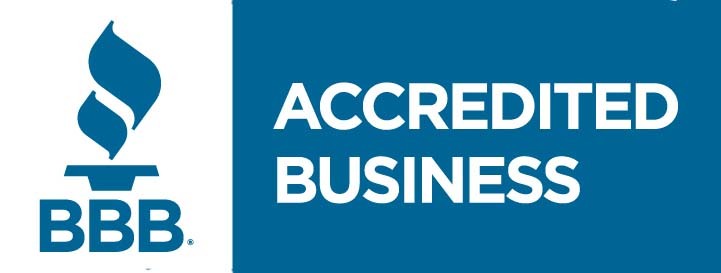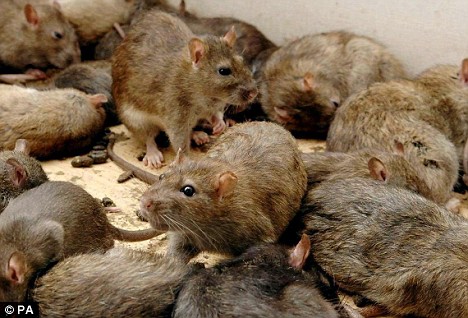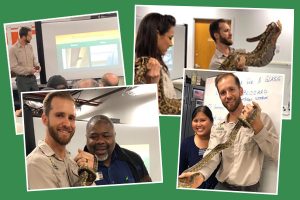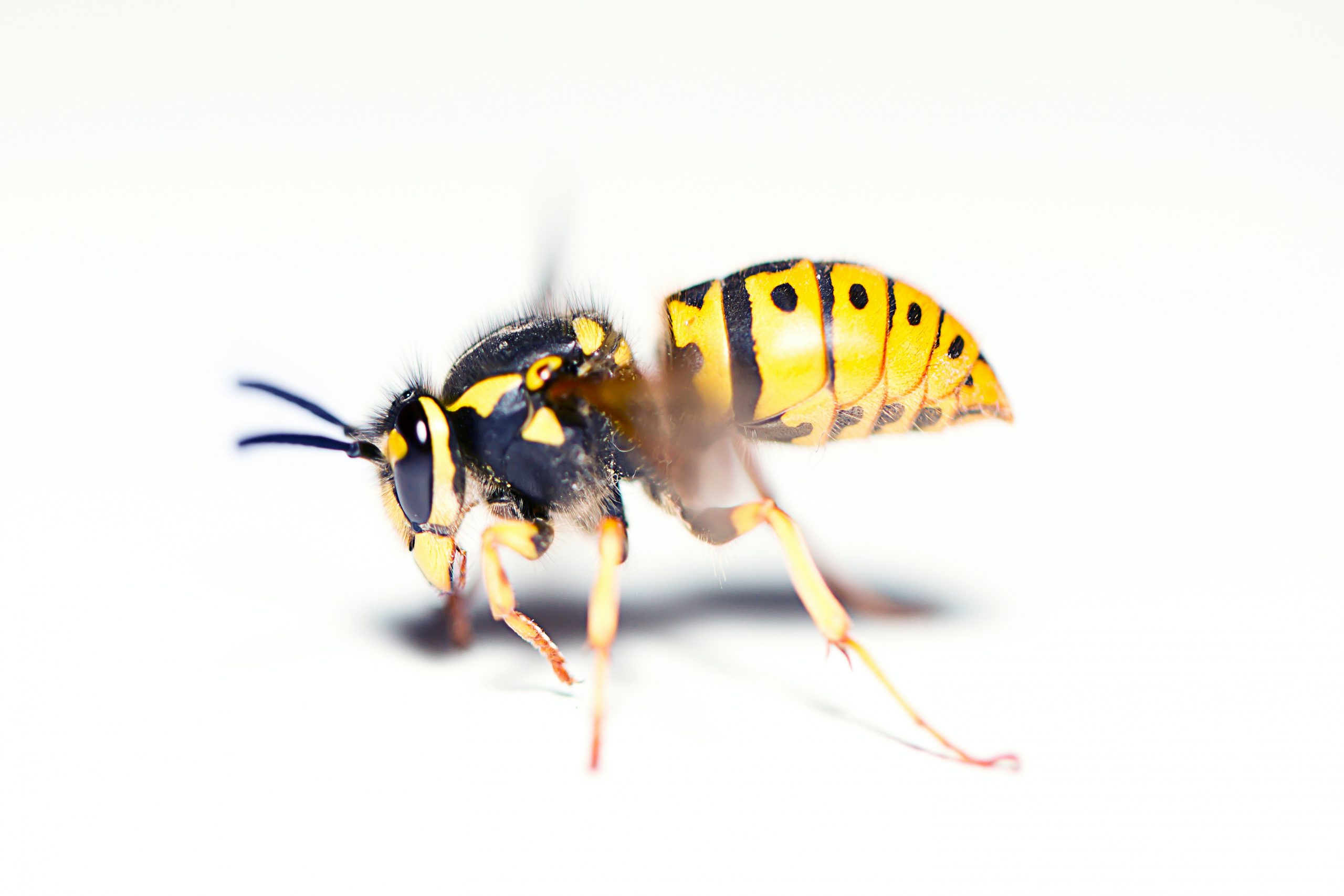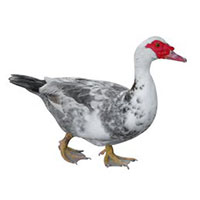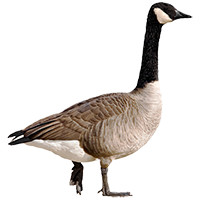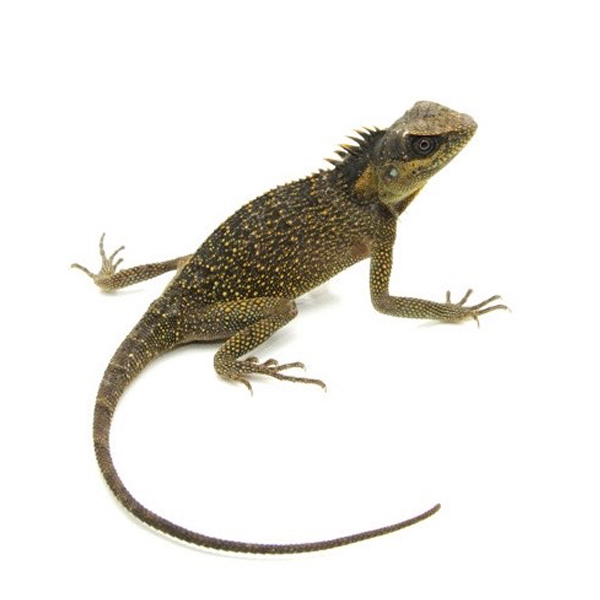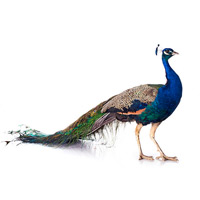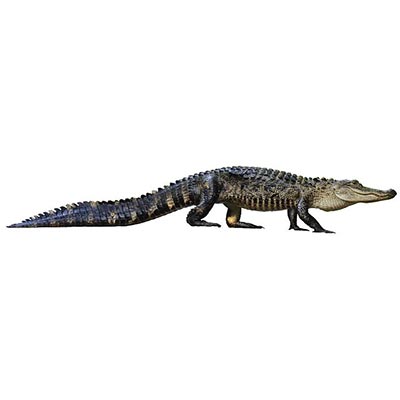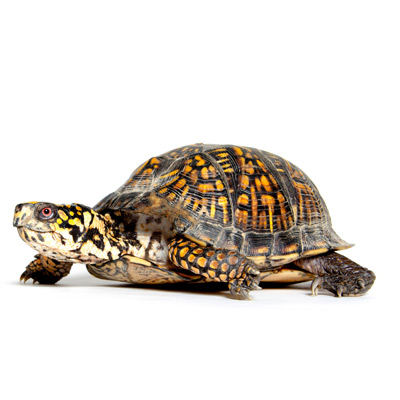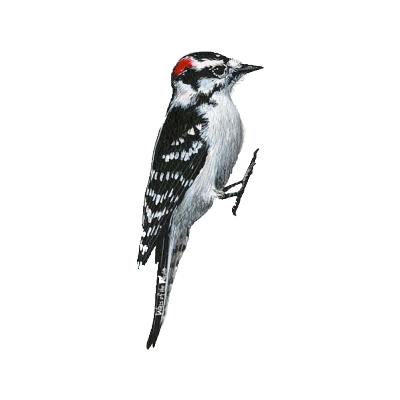How to Keep Mice Out of Your House: Tips and Tricks
House mice are small, quiet creatures with furry bodies. To some, they’re actually cute. But don’t their appearance fool you.
While house mice are unlikely to bite or scratch you, they can damage your home, carry diseases to you and your pets as well as contaminate your food.
Mice breed very quickly, and if you don’t watch out, your house might end up hosting dozens of them. What’s more, it’s not easy to get rid of them once they’ve settled in. For this reason, it’s best to use preventative measures. Read on to learn how to keep mice out of your house.
How to Keep Mice Out of Your House Naturally
If you’d prefer not to use harmful chemicals or traps to deter mice, consider the following solutions:
Peppermint Oil
Some people say that the best way to keep mice out of a home naturally is to use peppermint. Rodents have a highly sensitive sense of smell, and the scent of peppermint overwhelms and irritates them.
You can purchase or grow peppermint plants and place them strategically throughout your home. Ideally, they should be in places mice will most likely try to get into, such as pantries and other areas where food is stored.
Another option is to spray peppermint oil in spaces where mice are likely to make an appearance, like kitchens. You should also apply some in places where mice might be able to enter, such as a crawlspace.
Keep in mind that the scent of peppermint will fade and, thus, become less irritating to mice. For this reason, it’s important to reapply peppermint oil every few days or so.
Ammonia and Water
If you’re wondering how to keep mice out of your house naturally without using peppermint oil, you might want to try ammonia and water. The sharp scent of ammonia is said to be similar to the urine of a predator, which is why it scares mice away.
Simply mix ammonia and water in small cups and place them throughout the house. However, this is not a good option if you have pets and small children in the home.
Repairing Possible Entry Points
Rodent-proofing your home requires a lot of elbow grease and time, but it’s very effective in keeping mice as well as other pests out of your house. In fact, many people say it’s the best way to keep mice out of a home.
According to the Centers for Disease Control and Prevention (CDC), a mouse can squeeze itself into a hole that’s as small as a pencil eraser. So keep this in mind while checking the inside and outside of your home for cracks, gaps and holes.
Some places to inspect are:
- The basement
- The crawlspace
- The attic
- Around doors and windows
- The space where a wall and the floor meet
Seal any possible mice entry points. You can use steel wool for small holes and metal sheeting, lath metal or cement to fill in large gaps.
How to Keep Mice Out of Your Yard
What if your mice problem is in your yard and not in your home? You can try the following:
Tidy your yard. Mice like tall grass, piles of dead leaves and wood piles, so be sure to clear these out as soon as you can to avoid attracting rodents.
Put away exposed food sources. If you have a bird feeder, try not to overfill it, and keep unused birdseed in a sealed container. Make sure trash cans are covered, and don’t leave uneaten pet food outside.
Why It’s Important to Learn How to Keep Mice Out of Your House
Mice, despite their size, can give a homeowner a lot of headaches. The following are some problems caused by mice infestations:
Diseases
These rodents can carry and directly spread diseases such as:
- Hantavirus
- Leptospirosis
- Monkeypox
- Rat-bite fever
- Salmonellosis
They can also indirectly spread harmful diseases. For instance, ticks and mosquitoes that have bitten infected rodents may end up biting you or your loved ones. Some examples of mice-spread diseases that can be transmitted indirectly are:
- Angiostrongylus
- Colorado tick fever
- Scrub typhus
- Tick-borne relapsing fever
- Flea-borne typhus
- West Nile virus
- Plague
- Anaplasmosis
- La Crosse virus
Snakes
Mice are the natural prey of snakes, and reptiles are drawn to places that house them. There are many kinds of snakes in Jacksonville, FL, and only six of them are venomous. These include:
- The Eastern Diamondback rattlesnake
- Cottonmouth/Water moccasin
- The pygmy rattlesnake
- Coral Snake
- Timber Rattlesnake (not as common in our area)
- Copperhead (not common in our area)
It can be hard to tell whether a snake poses harm to you and your loved ones. If you find one in your home, it’s best to be safe and contact a pest control company to have it removed. The pest control company may also be able to help you with your mice infestation problem.
Property Damage
Mice may be small, but they’re capable of wreaking havoc on your home. They can gnaw through plywood and drywall, tear up and nest in upholstery as well as damage the insulation inside your walls.
What’s more, mice often chew through the electrical wires of appliances. This may result in a need for costly repairs or replacements or, worse, create a fire hazard.
What to Do if Mice Have Infested Your Home
What if you’ve tried everything in this article and more, but your house now has mice? The best course of action is to contact a pest control company. They have the tools and expertise needed to eliminate your mice problem as quickly as possible. Some companies also offer a humane alternative to poisons and traps to control the rat population in your home.
The Go-To Pest Control Company in Jacksonville, FL
Founded in 2007, Quick Catch is a trusted pest control company specializing in the humane capture and removal of pests and wildlife. Apart from removal, we also offer rodent proofing services to help prevent reinfestations.
To get a free estimate, call us at (904) 859-6585.
Read more posts from the Category Wild Animal Stories.





